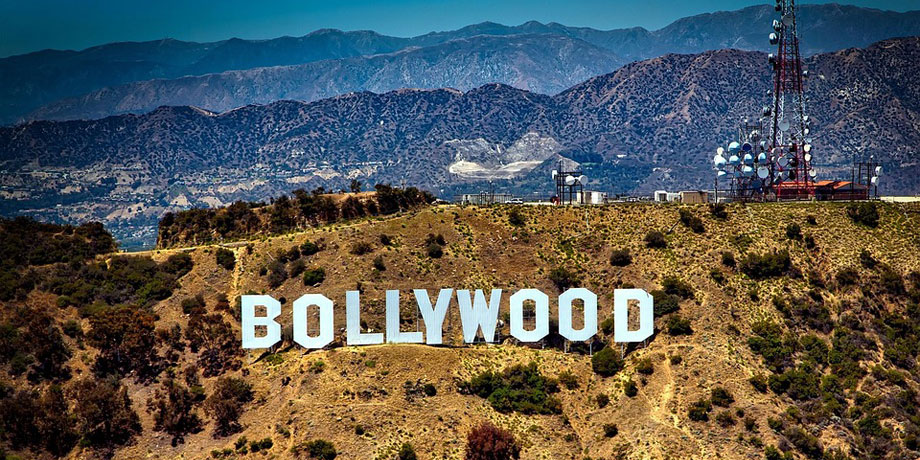
Bollywood, the informal term used for the Hindi-language film industry based in Mumbai, India, has come a long way since its inception in the early 20th century. The evolution of Bollywood has not only transformed the Indian film industry but has also had a significant impact on Indian culture and society. From its humble beginnings as a tool for promoting Indian nationalism to its present-day status as a global entertainment juggernaut, Bollywood has played an integral role in shaping the cultural identity of modern-day India.
The early years of Bollywood were marked by the emergence of nationalist films that aimed to instill a sense of national pride and unity among Indians. During the 1940s and 1950s, Bollywood became a platform for promoting Indian culture and values, through films that showcased the rich heritage and traditions of the country. These films were often musicals that featured extravagant dance numbers and catchy tunes, and they helped to popularize Indian classical and folk music across the nation.
In the 1960s and 1970s, Bollywood underwent a significant transformation as it began to cater to a wider audience and incorporate elements of Western popular culture. The introduction of new technologies and the increasing influence of Hollywood led to a shift towards more lavish productions that featured larger-than-life sets, advanced special effects, and over-the-top song-and-dance numbers. During this period, Bollywood established itself as the largest film industry in the world, producing over 800 films per year and attracting audiences from all over the world.
The 1980s and 1990s saw Bollywood continue to evolve and diversify, as filmmakers began to experiment with different genres and themes. The industry witnessed the emergence of a new breed of filmmakers who pushed the boundaries of traditional Bollywood storytelling and tackled social and political issues in their films. At the same time, Bollywood continued to be a major source of entertainment for millions of Indians, and its music and dance numbers continued to be an integral part of Indian popular culture.
In recent years, Bollywood has expanded its reach and influence beyond the borders of India, thanks in large part to the growth of digital media and the increasing globalization of the entertainment industry. Bollywood films are now watched by millions of people around the world, and the industry has become a major contributor to India's economy, generating billions of dollars in revenue each year.
In conclusion, Bollywood has played a crucial role in shaping and reflecting Indian culture and society over the past century. From its early beginnings as a tool for promoting Indian nationalism, to its present-day status as a global entertainment powerhouse, Bollywood has always been at the forefront of cultural change in India. Through its films, music, and dance, Bollywood has celebrated and showcased the rich heritage and diversity of Indian culture, and has helped to shape the cultural identity of modern-day India.



Leave a Comment